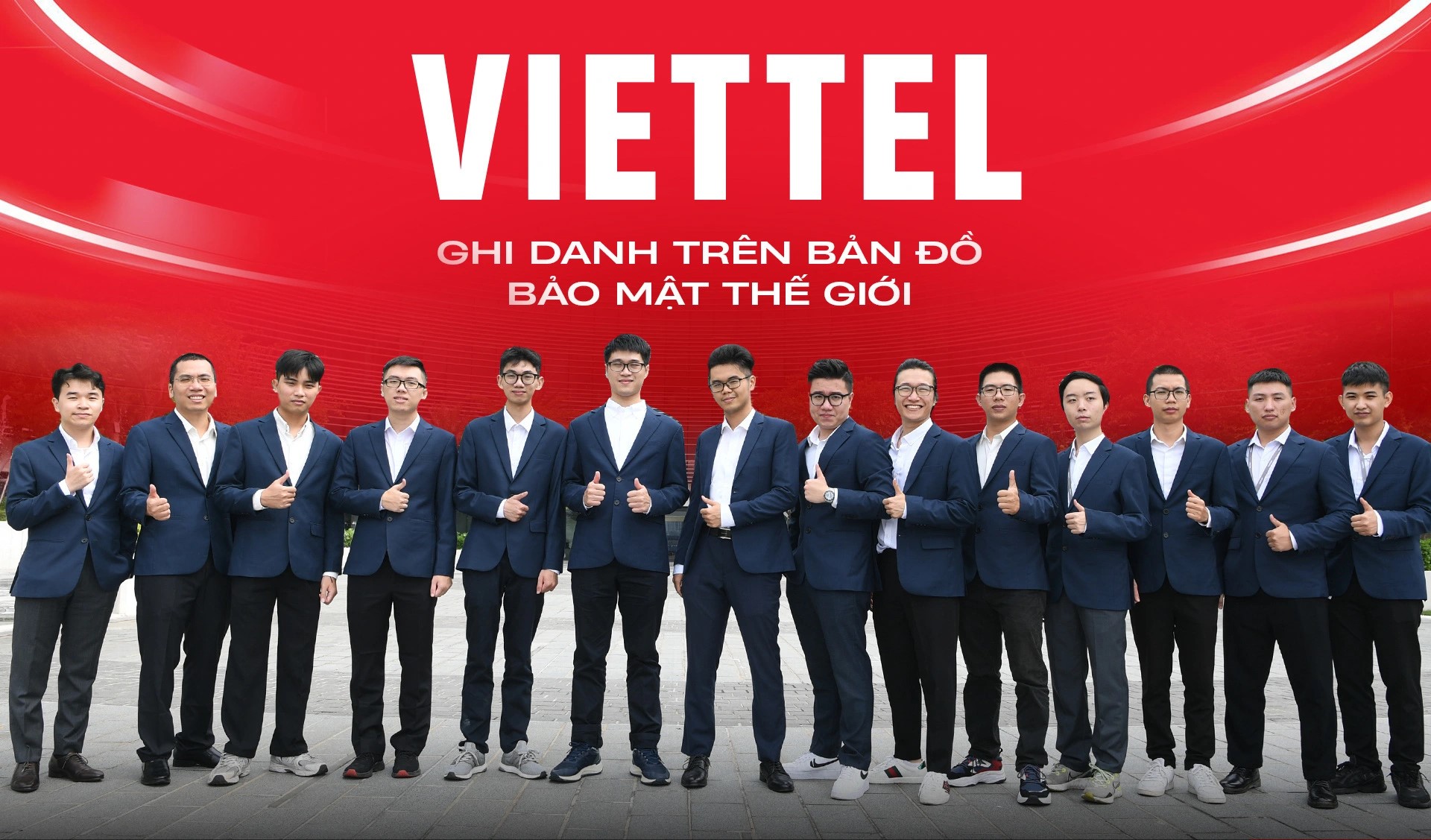Vietnam’s ‘white hat’ hackers secure prestigious digital security award
Last month, Viettel Cyber Security (VCS), a unit of Viettel, one of Vietnam’s largest state-owned enterprises, received thrilling news: they emerged as champions in the esteemed cybersecurity competition Pwn2Own Toronto 2023.
At the close of the competition on the evening of October 27, Viettel’s VCS team clinched the championship with an impressive total score of 30 points, earning them the distinguished title of ‘Master of Pwn’ and outpacing competitors by a significant margin of 12.75 points.
The total score was calculated based on successful participation and assigned Master of Pwn points in the competition’s category tables.
Pwn2Own 2023 was hosted by Toronto, Canada from October 24 to 27.
A team of young achievers
The sweet taste of success embraced the 14 young members of the team after three months of relentless dedication, working day and night, and competing fiercely against rivals worldwide.
Perhaps surprising to many, the youngest member, Do Anh Dung, a third-year student from the University of Engineering and Technology under the Vietnam National University-Hanoi, was born in 2003.
Beyond the youthfulness of Dung, the other 13 members of VCS, who achieved significant success at Pwn2Own 2023, are also young.
Despite their tender age, each team member boasts considerable experience in cybersecurity, cultivated over years of dedicated work.
Even the youngest, Dung, made a noteworthy contribution, securing a victory in one of the competition categories, aiding in the team’s triumph.
On the evening of October 27, VCS secured the final victory, surpassing formidable opponents such as Sea Security from Singapore, Vupen and Synacktiv from France, and last year’s winners Devcore from Taiwan.
Ha Anh Hoang, a VCS team member, told Tuoi Tre (Youth) newspaper that they were informed about the devices they had to compromise only three months before the contest’s opening day.
This meant a tight preparation schedule, including purchasing new devices, exploring their hardware and software, and awaiting the arrival of some tools ordered from abroad, which took up to a month.
Nguyen Xuan Hoang, another team member, acknowledged the presence of…




